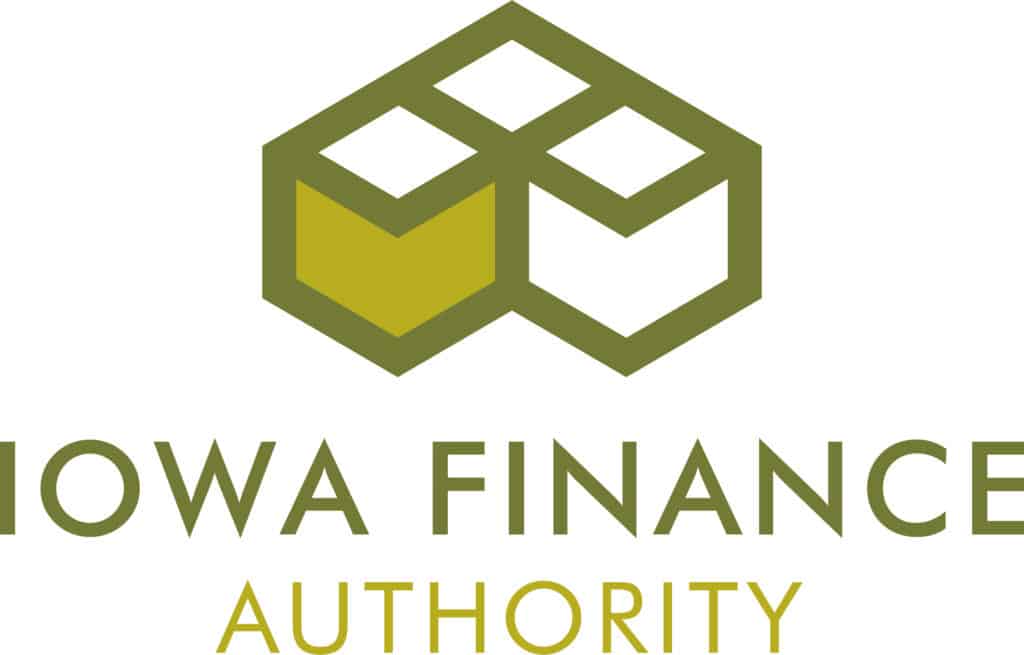Guest opinion: A jackpot for scammers

Submitted by John Breyault, vice president of public policy, telecommunications and fraud at the National Consumers League Oct 22, 2020 | 8:06 pm
3 min read time
607 wordsAll Latest News, Arts and Culture, Opinion Unfortunately for so many Americans, the picture I am about to paint will not be difficult for many to imagine. Fraud is rampant right now, as the pandemic serves as a catalyst being exploited by some of the most deplorable, and sophisticated, criminals in today’s globally connected criminal underworld.
Unfortunately for so many Americans, the picture I am about to paint will not be difficult for many to imagine. Fraud is rampant right now, as the pandemic serves as a catalyst being exploited by some of the most deplorable, and sophisticated, criminals in today’s globally connected criminal underworld.Scores of Americans are falling victim to schemes left and right – from bad actors who promised quick processing of stimulus checks in the spring, to fake landlords offering cheaper rent for housing that doesn’t exist. At the National Consumers League, we are on the front lines educating consumers on the latest fraudulent actors perpetrating crimes on unsuspecting Americans. In partnership with policymakers and top technology companies such as Google, we are working to drive awareness surrounding the threats that persist and endanger the economic well-being of Americans, many of whom are already experiencing economic hardship due to the pandemic.
Recently, NCL partnered with some of the nation’s state attorneys general to raise awareness about efforts to take the fight to scammers in states throughout the country. In June, we held a virtual discussion with Attorney General Tom Miller on COVID-19 scams, followed by an engaging panel conversation. Our panelists, representing AARP Iowa and Iowa Workforce Development, shared critical insights on existing threats affecting Iowans. Here are our main takeaways from that discussion.
As the coronavirus has upended daily life, robocall operators have quickly shifted to blasting out spam phone calls offering coronavirus-related products and services. YouMail, a cloud-based telecommunications provider that tracks robocall volumes, estimates that over 118 million robocalls per day are inundating Americans. Robocallers offer all manner of bogus services, including air duct sanitation services, work-from-home opportunities, cut-rate health insurance and immune-system-boosting nutritional supplements.
Additionally, email scammers have not relented with the onset of the pandemic. They have, unfortunately, upped their game targeting small businesses and individuals, not just in the U.S. but globally. In fact, Google’s security team reported that during one week in April they blocked 18 million phishing emails related to COVID-19 per day, which is on top of the more than 100 million phishing email that seek entry to Gmail inboxes on a daily basis. The company also relayed to customers that “the phishing attacks and scams we’re seeing use both fear and financial incentives to create urgency to try to prompt users to respond.”
Above all, whether it is an annoying robocall or persistent, pushy emails, remember to never provide your personal information to anyone. Technology platforms have performed admirably at stopping these impostors at the front gate and been a key player in thwarting scammers. We encourage you to report all spammers to your email providers and digital platforms so they can continue this important work in stopping scammers.
Finally, you can also report scammers by filing a complaint at Fraud.org via our secure online complaint form, where we process these submissions and help law enforcement bring scammers to justice. The complaints are shared with our network of nearly 200 law enforcement and consumer protection agency partners who can and do put fraudsters behind bars.
It is critical that we partner with Iowa law enforcement, elected officials and technology companies to share these important reminders around fraud and how you can properly use online, digital resources to put an end to those seeking to exploit these unprecedented circumstances.
John Breyault is vice president of public policy, telecommunications and fraud at the National Consumers League, a consumer advocacy organization representing consumers and workers on marketplace and workplace issues since its founding in 1899.
RELATED CONTENT:
NOTEBOOK: Knowledge is power in avoiding COVID-19 scams; so is admitting to being scammed











